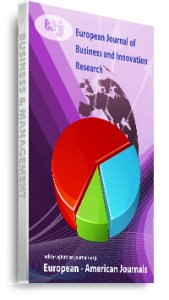This study examined the relationship between social cost accounting and profitability with a focus on GlaxoSmithKline Consumer Nigeria PLC in a case study. The study adopted employee benefits, incentives welfare and healthcare cost (EBI) and contribution to government revenue (CGR) as proxy for social cost accounting (the independent variables), while profit after tax (PAT) representing profitability was adopted as the dependent variable. Secondary data for the selected study variables were obtained through content analysis of the annual reports of GlaxoSmithKline for the period 2011 to 2018. The study employed descriptive statistics and multiple regression analysis based on the E-view 10 software as techniques for data analysis. The results revealed that all the independent variables had positive relationship with profit after tax, but only contribution to government revenue was significant at 5% level. The regression results also showed that the coefficient of determination (R-squared) value of approximately 0.94 indicating that 94% of changes in the dependent variable are accounted for by the combined effect of changes in the independent variables. The combined effect of variations of the explanatory variables significantly explained changes in the dependent variable with probability of F-statistic value of 0.000007 (at 5% level of significance). The study concluded that social cost accounting is significantly related to profitability. Based on the findings of the study it was recommended that the management of GlaxoSmithKline should continue to implement the social cost accounting policies already put in place as they provide a good social image for the company, and that would guarantee the long run success and survival of the company.
Keywords: Accounting, Contribution, Profitability, employee benefits, social cost

